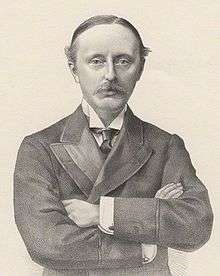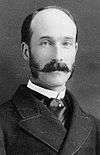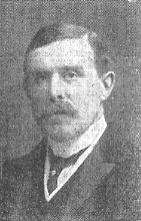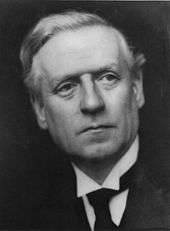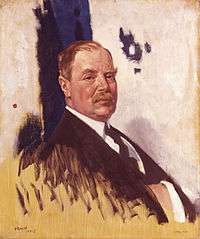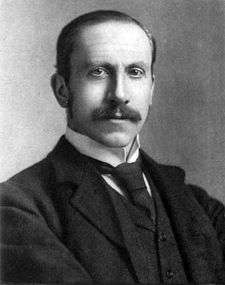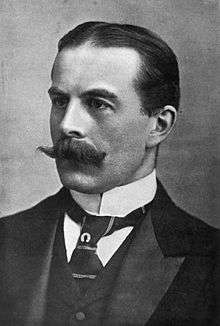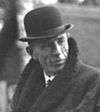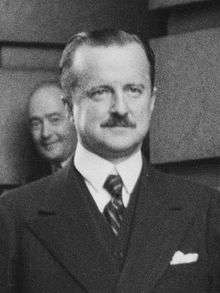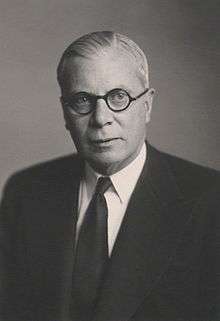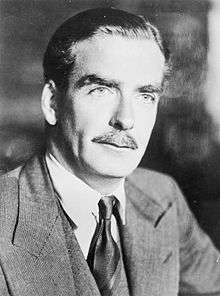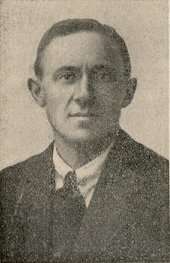Secretary of State for War

The position of Secretary of State for War, commonly called War Secretary, was a British cabinet-level position, first held by Henry Dundas (appointed in 1794). In 1801 the post became that of Secretary of State for War and the Colonies. The position was re-instated in 1854.
In 1946, with the creation of a cabinet-level Minister of Defence separate from the Prime Minister, the Secretary of State for War ceased to be a cabinet position.
On 1 April 1964, with the creation of the Secretary of State for Defence position, in charge of a new united Ministry of Defence, the Secretary of State for War position was abolished (along with that of First Lord of the Admiralty and Secretary of State for Air).
The Secretary of State headed the War Office and was assisted by a Parliamentary Under-Secretary of State for War, a Parliamentary Private Secretary who was also a Member of Parliament, and a Military Secretary, who was a general.
Secretaries of State for War, 1794–1801
| Name | Portrait | Term of office | Political party | Prime Minister | |||
|---|---|---|---|---|---|---|---|
| Henry Dundas (also President of the Board of Control) |
 |
11 July 1794 | 17 March 1801 | Tory | William Pitt the Younger | ||
For 1801–1854 see Secretary of State for War and the Colonies.
Secretaries of State for War, 1854–1964
See also
References
- ↑ Times, 7 July 1916
External links
| Wikimedia Commons has media related to Secretaries of State for War of the United Kingdom. |
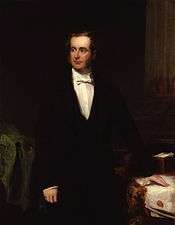


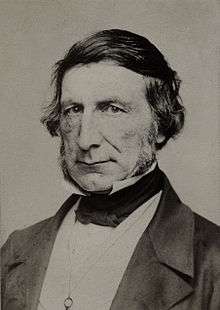
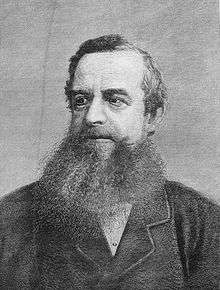
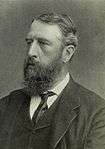



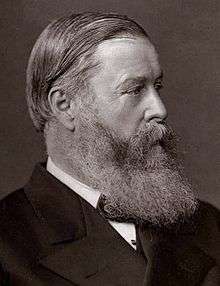
.jpg)

